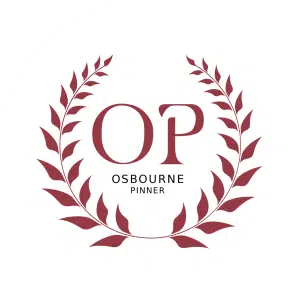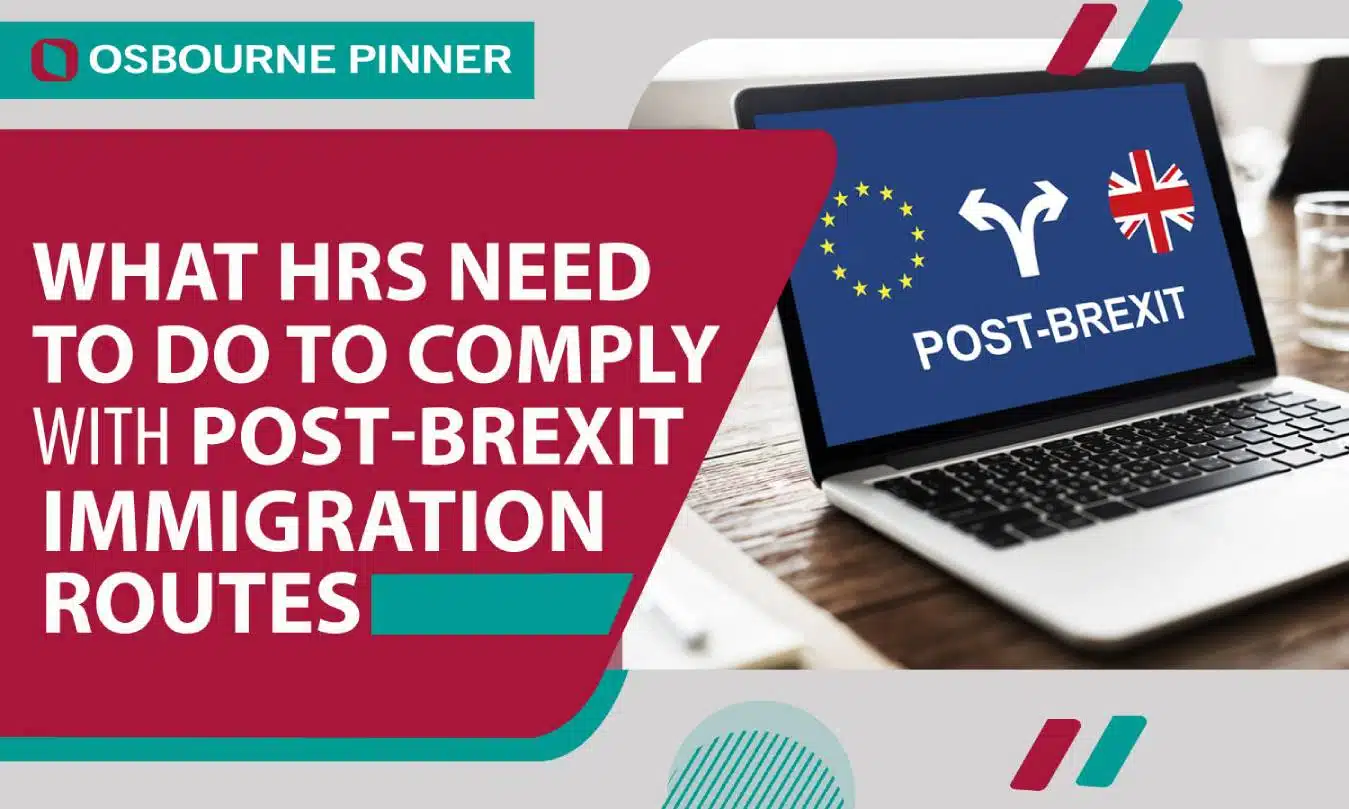With Brexit coming into effect, the UK’s new points-based immigration system has also opened up for visa applications. Brexit has created a huge shift in the ways that companies recruit international workers into the UK. One of the major changes has been the requirement of a Sponsor License for the UK employers to recruit EU nationals. Let’s look at the important routes and immigration laws that employers should be aware of.
Skilled Worker Route
This route is available for UK employers to hire foreign nationals. The skilled worker route has replaced the tier-2 immigration route that was required to sponsor non-EEA nationals to work in the United Kingdom. Under the skilled worker route, the skill level requirement has been lowered to RFQ 3 levels along with the minimum salary cap to 26,500 pounds.
Intra-Company Transfer
The intra-company transfer route allows employers to move their international employees from their foreign entities into the UK. This route works more or less similar to the Tier-2 route. It, however, has a much higher salary threshold at 41,500 pounds and RFQ 6 skill levels.
Sponsor License
One of the important changes in the sponsor license has been that it mandates UK employers to obtain the license to be able to recruit EU nationals. Those who have an existing sponsorship license will automatically be upgraded post-Brexit. With the new rules in effect, the application process of the sponsor license UK is going to be time-consuming. As a sponsor license solicitor, we recommend companies apply as early as possible.
Compliance for Sponsor License
When a company is granted the license to hire international worker, they acquire certain compliance duties which must be adhered to at all times. Broadly these requirements include prevention of illegal working in the UK and up-to-date record keeping and reporting.
What are Compliance Duties and Responsibilities?
The Home Office sets out certain duties for the employers having the license to hire international workers. The human resource team of the employer must take care of the following things:
- Monitoring immigration status
- Prevention of illegal employment
- Making sure that the minimum salary threshold and skill levels are met throughout the sponsored employment period
- Foreign worker’s record-keeping
- Monitoring and reporting migrant activities
- Making sure that the professional registrations and accreditations have been obtained
- Ensuring strict adherence to employment laws
- Cooperating with the Home Office
Apart from these, all the staff responsible for the employment of sponsored international workers must:
- Be aware of the sponsor duties related to the record-keeping, monitoring, and reporting of migrant workers.
- Be alert to situations when required to contact Level 1 or Level 2 users to report pertinent matters.
Sponsor License Solicitors at Osbourne Pinner
If you are a UK-based employer looking to hire EU or international workers, then you will have to obtain the license of sponsorship from the Home Office. At Osbourne Pinner, we aid and advise employers right from the application process to compliance training. We have years of experience handling cases pertaining to the license of sponsorship for UK employers. We have a dedicated team of sponsor license solicitors who help clients navigate the long and cumbersome application process and maintain compliance with the Home Office. We help employers set up necessary processes to be able to recruit international workers under-skilled worker route and intra-company transfer route. We also represent employers in cases of sponsor licence revocation. Call our sponsor license solicitors today!





















